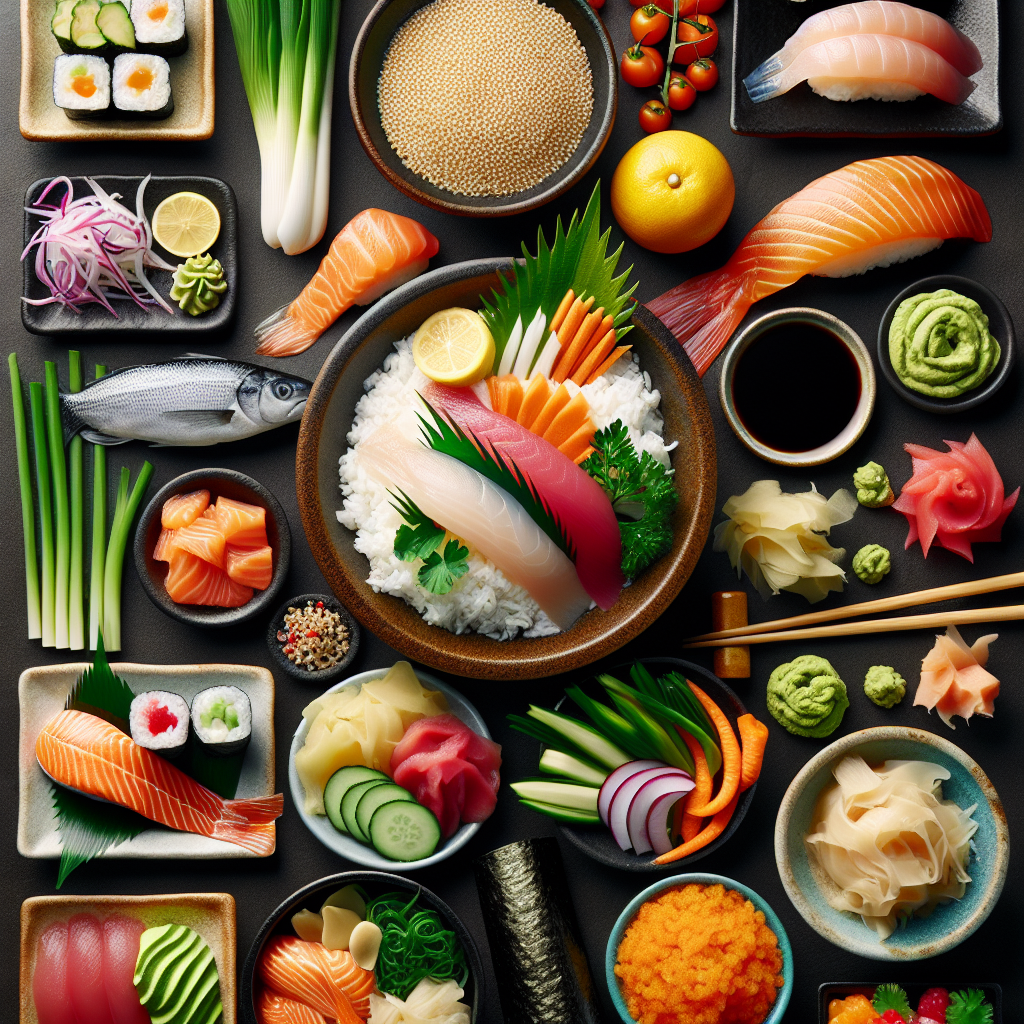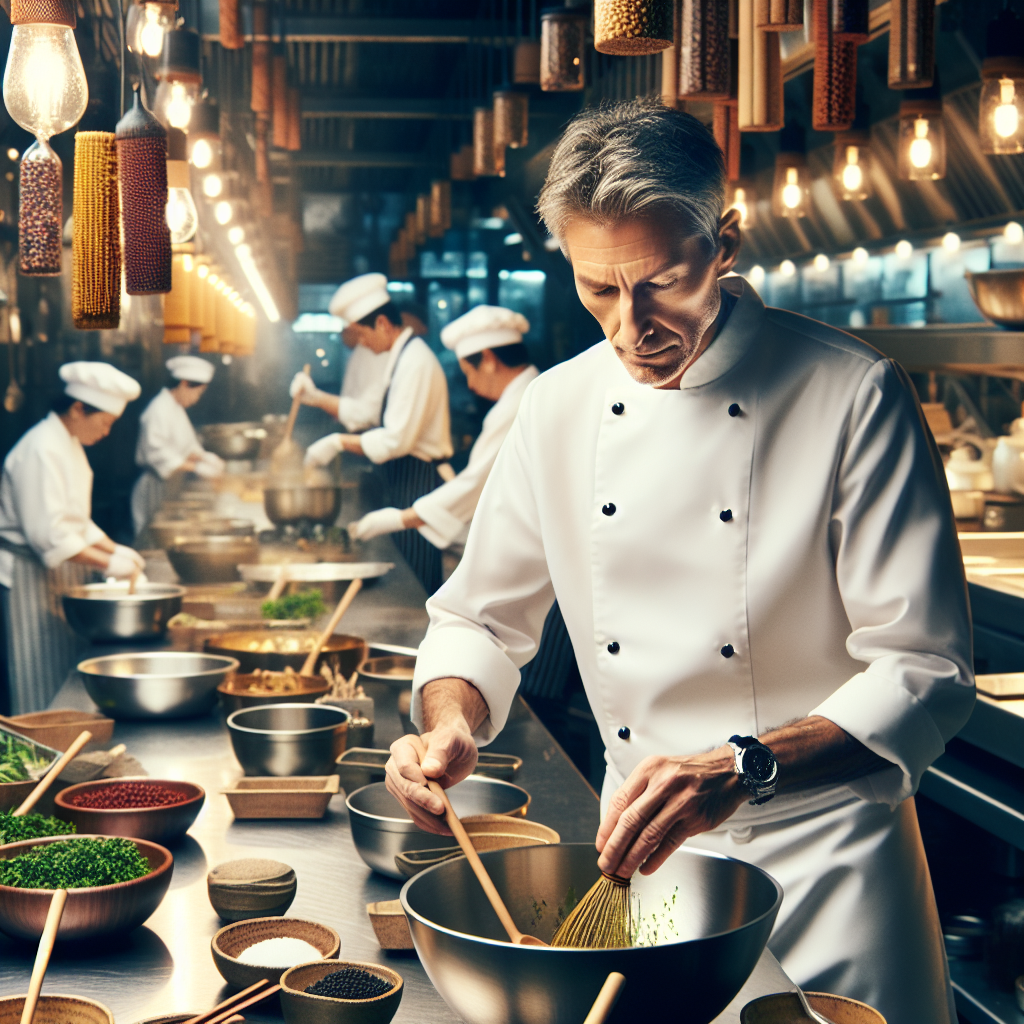The Hidden Story of Mental health crisis reaches epidemic levels
With each spoonful of rich broth, I realize that soup may be more therapeutic than previously imagined. In a bustling kitchen in Tokyo, I am learning to make ‘miso’, a cornerstone dish representing Japanese resilience – an apt metaphor for the global mental health crisis we’re currently facing.
Culinary Tradition
The origins of miso are deeply rooted within Japanese culture. It is believed to enhance mood and contribute towards emotional wellbeing – offering a momentary respite from one’s inner turmoil.
Cultural Roots
In Japan, food isn’t merely sustenance; it carries deep cultural significance. Ingredients echo stories from the past; their selection is wrapped up in histories that speak volumes about society’s relationship with mental wellbeing.

Modern Evolution
‘Mental menu’, a contemporary off-shoot gaining popularity across urban Tokyo has added a new dimension to Japan’s culinary landscape. It centers around foods thought to improve mental wellness or mitigate stress factors.
Key Ingredients
The ingredients celebrate Japan’s biodiversity: fermented foods like miso are paramount for gut health which researchers link directly with brain functionality and thus indirectly affect mental stability.
Preparation Methods
Preparing soups like miso requires patience, invoking Zen-like focus—an exercise some therapists deem helpful in controlling anxiety. The anticlockwise stirring doesn’t merely produce good soup but brings tranquility to an otherwise restless mind.
Cultural Significance
Soup preparation in this manner becomes a therapeutic activity, fostering mindfulness and contributes towards curbing the epidemic levels of mental health crisis.
Contemporary Trends
In sushi bars from Osaka to Hokkaido, menus have started acknowledging food’s role in managing mental health. Conversations over miso are now about promoting one’s emotional well-being rather than culinary preferences alone.
Expert Perspectives
‘Eating is not just physical but also psychological nourishment’, claims Dr. Saito, a psychologist and proponent of integrating ‘food therapy’ into mainstream treatment plans.
Personal Experiences
As I finish my bowl of soup at the end of each day in Tokyo, it isn’t just comforting warmth I feel spreading through me, but also a sense of calm – making these experiences more than gastronomical delights.
</pan class=”conclusion”>In Japan’s response to the global mental health crisis lies an important lesson for us all: respect traditions while being receptive to change; mindfulness can be achieved through simple everyday activities like preparing dinner; our best defense against growing issues might lie within our cultural heritage itself – as unexplored as it may seem today. Just maybe we ought to try stirring that pot anticlockwise for starters.”

